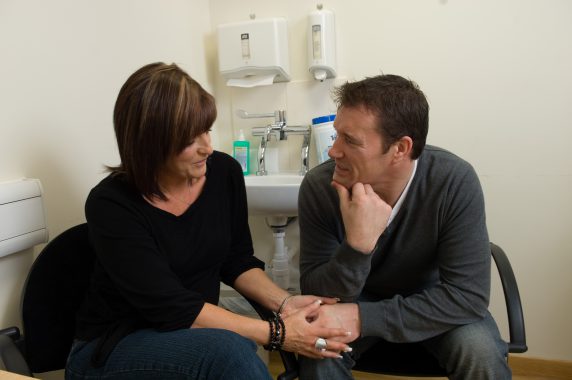GPs need to be alerted to beta blocker overdose risk, says NHS safety watchdog

National guidance for GPs must be updated to consider the risks of propranolol overdose, the Healthcare Safety Investigation Branch (HSIB) has warned.
HSIB, part of NHS England, released an investigation report this week warning of the potentially under-recognised dangers of propranolol and urging GPs to consider the risk of toxicity if the drug is overdosed.
The investigation was prompted by the case of a 24-year-old woman who died in 2018 after taking an overdose of propranolol, which she had been prescribed for migraines, and citalopram. She deteriorated rapidly before an ambulance was able to reach her.
The report found that propranolol is prescribed widely and generally without clinical incident in primary care, mostly for anxiety and migraine, but that some patients with coexisting migraine and anxiety or depression are at increased risk of using the drug for self-harm.
It said that current guidance does not contain sufficient warnings on the toxicity of propranolol and how quickly patients may deteriorate if they take an overdose.
The report recommended that the RCGP supports its members in identifying the potential dangers of prescribing propranolol to at-risk patient groups and that electronic prescribing systems in primary care might benefit from alerts about the risks.
HSIB recommended that the BNF and NICE review and update current guidance on prescribing propranolol for anxiety and migraine, with particular reference to the toxicity of propranolol in overdose.
It also said that NHS England and NHS Improvement should evaluate the current approach to clinical oversight on overdose calls within ambulance trusts and lead on work to create a national framework for managing these calls.
Dr Stephen Drage, ICU consultant and HSIB’s director of investigations said: ‘Propranolol is a powerful and safe drug, benefitting patients across the country.
‘However, what our investigation has highlighted is just how potent it can be in overdose. This safety risk spans every area of healthcare – from the GPs that initially prescribe the drug, to ambulance staff who respond to those urgent calls and the clinicians that administer emergency treatment.’
Pulse July survey
Take our July 2025 survey to potentially win £1.000 worth of tokens

Visit Pulse Reference for details on 140 symptoms, including easily searchable symptoms and categories, offering you a free platform to check symptoms and receive potential diagnoses during consultations.










